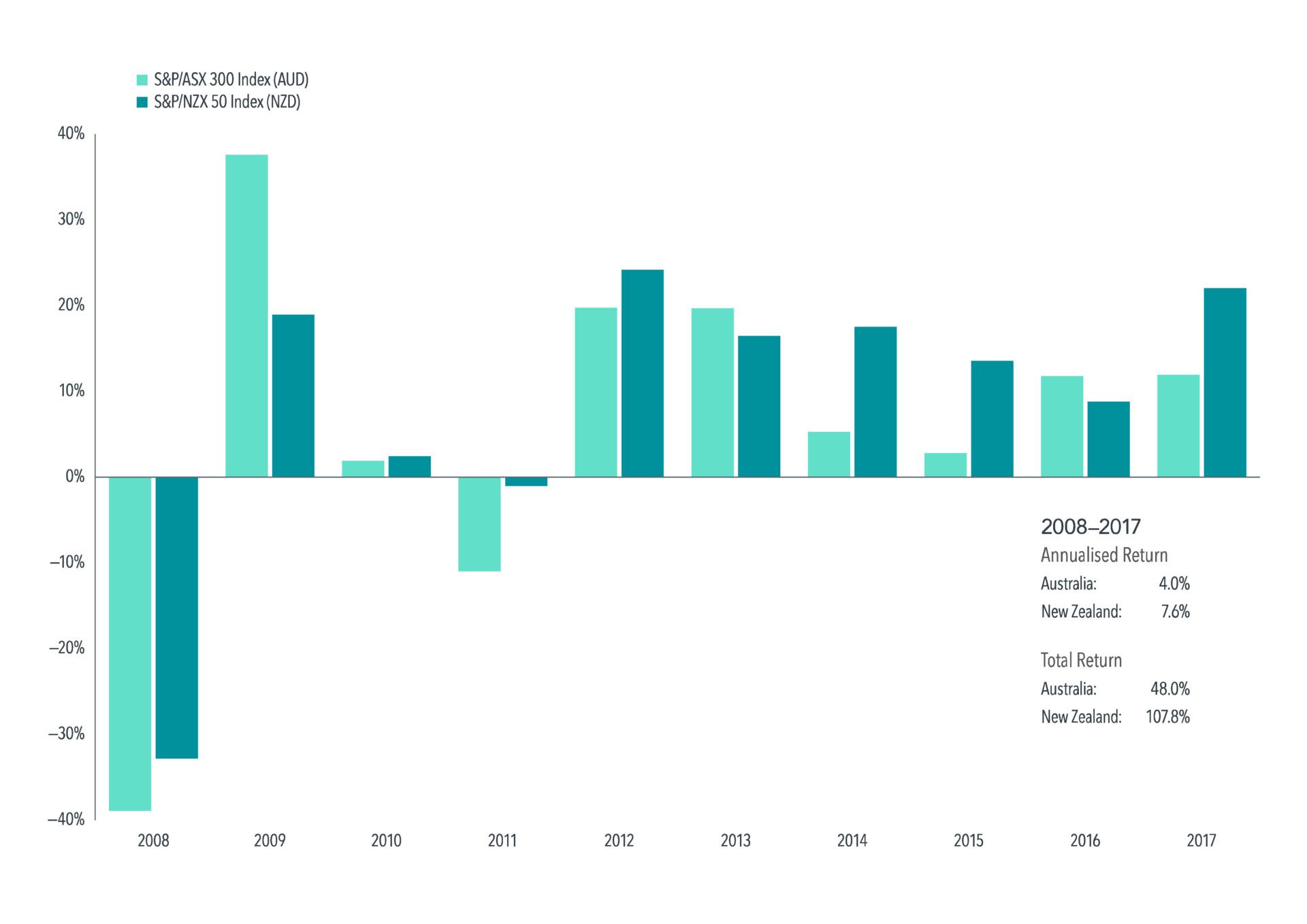
On Friday, March 10, regulators took control of Silicon Valley Bank as a run on the bank unfolded. Two days later, regulators took control of a second lender, Signature Bank. The much smaller Silvergate Capital – which was highly exposed to the crypto sector – also announced it would wind down its business.
These failures were precipitated by fleeing depositors and poor management controls and sent shock waves across the global financial system. However, all SVB and Signature Bank depositors were granted full access to their funds by U.S. banking regulators who took emergency measures to stem contagion risk. Nonetheless, Australian investors with exposure to global share funds may be concerned how these failures have impacted their portfolios.
Over the weekend, it has been announced that Credit Suisse, the second largest commercial bank in Switzerland and one of the top 30 global banks that are considered systemically important has been acquired by UBS, in what is being largely perceived as a bailout for the bank. While the current economic environment certainly precipitated this, there is no clear evidence yet that the SVB and signature bank collapse in the US is linked to the current state of affairs for Credit Suisse. Credit Suisse had been struggling for a number of years with loss of customer confidence triggered by some scandals – Greensill bankruptcy, the Panama papers, Covid breach, money laundering etc. For FY 2022, the bank suffered a net loss of $7.9bn.
Investor Sentiments
All the news and speculation about a potential fallout and ramifications for the larger financial market is no doubt causing anxiety with many investors eyeing their portfolios for exposure to these and other regional banks.
This brings back memories from the GFC 2008 when what began as a breakdown in the US subprime mortgage market morphed into a series of credit shocks, bank crashes and a deep recession in much of the developed world. The climax of the crisis was the collapse of US investment bank Lehman Brothers in September 2008, triggering a bailout of the banking system and extraordinary fiscal and monetary stimulus by governments and central banks.
It was an anxious time for investors, Global equity markets plunged by 40% or more. There were a plethora of explanations and opinions around what caused the GFC. But aside from a temporary seizure in short-term money markets, where banks lend to each other, global share and bond markets performed as you would expect at a time of heightened uncertainty. Prices adjusted lower as investors demanded a higher expected return for the risk of investing. However, by mid-2009 the sentiment started to turn and by end of the year, most markets had rebounded.
The Decade since the GFC
Calendar Year Returns – Australian & New Zealand Shares

So what can you bank on?
The lessons from the GFC are familiar – it is difficult to keep emotions in check during a crisis and there can be an overwhelming compulsion among investors to “do something”. But as it turned out, those who listened to their advisors and stayed disciplined within the asset allocation designed for them have done considerably better than many people who capitulated and went to cash in 2008-2009.
Timing the market is tough, as is basing an investment strategy on economic or market forecasts. But we can do ourselves a favour, both materially and emotionally, by accepting that volatility is a normal part of investing and by sticking to a well-thought-out investment plan agreed upon in less stressful times.
(Source: From contributions by Dr Steve Garth, GFC 10 years on: Time and Patience and When Headlines worry you, Bank on Investment Principles)
Niyati Khanna (CFP® Professional, CA, MBA [Finance & Strategy]) is a representative of Alman Partners Pty Ltd, Australian Financial Services Licence No: 222107.
Performance data shown represents past performance or simulated performance. Past performance is no guarantee of future results and current performance may be higher or lower than the performance shown. The investment return and principal value of an investment will fluctuate so that an investor’s shares, when redeemed, may be worth more or less than their original cost.
Any information provided to you was purely factual in nature. It has not been taken into account your personal objectives, situation or needs. The information is objectively ascertainable and is not intended to imply any recommendation or opinion about a financial product. This does not constitute financial product advice under the Corporations Act 2001 (Cth). It is recommended that you obtain financial product advice before making any decision on a financial product such as a decision to purchase or invest in a financial product. Please contact us if you would like to obtain financial product advice.